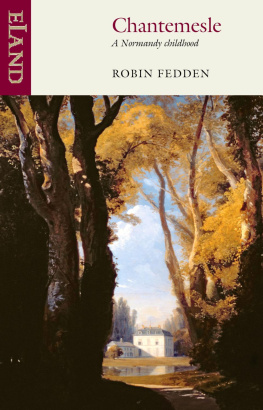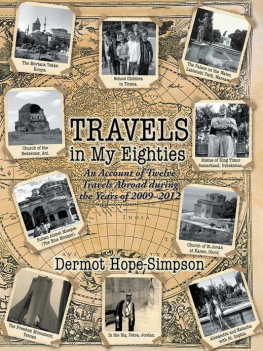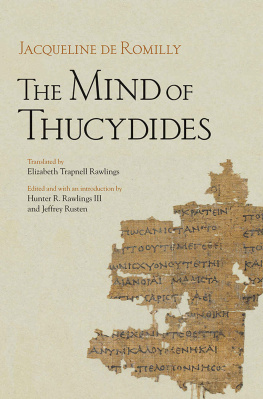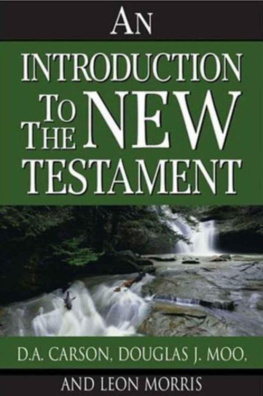(TO THE FIRST EDITION)
ADDRESSED BY
THE AUTHOR TO ONE OF HIS FRIENDS
WHEN you first entertained the idea of travelling in the East, you asked me to send you an outline of the tour which I had made, in order that you might the better be able to choose a route for yourself. In answer to this request, I gave you a large French map, on which the course of my journey had been carefully marked; but I did not conceal from myself, that this was rather a dry mode for a man to adopt, when he wished to impart the results of his experience to a dear, and intimate friend. Now, long before the period of your planning an Oriental tour, I had intended to write some account of my Eastern Travels. I had, indeed, begun the task, and had failed; I had begun it a second time, and failing again, had abandoned my attempt with a sensation of utter distaste. I was unable to speak out, and chiefly, I think, for this reasonthat I knew not to whom I was speaking. It might be you, or perhaps our Lady of Bitterness, who would read my story; or it might be some member of the Royal Statistical Society, and how on earth was I to write in a way that would do for all three?
Wellyour request for a sketch of my tour suggested to me the idea of complying with your wish by a revival of my twice-abandoned attempt. I tried; and the pleasure and confidence which I felt in speaking to you, soon made my task so easy, and even amusing, that after a while (though not in time for your tour) I completed the scrawl from which this book was originally printed.
The very feeling, however, which enabled me to write thus freely, prevented me from robing my thoughts in that grave and decorous style which I should have maintained if I had professed to lecture the public. Whilst I feigned to myself that you, and you only, were listening, I could not by possibility speak very solemnly. Heaven forbid that I should talk to my own genial friend, as though he were a great and enlightened Community, or any other respectable Aggregate!
Yet I well understood that the mere fact of my professing to speak to you rather than to the public generally, could not perfectly excuse me for printing a narrative too roughly worded, and accordingly, in revising the proof sheets, I have struck out those phrases which seemed to be less fit for a published volume than for intimate conversation. It is hardly to be expected, however, that correction of this kind should be perfectly complete, or that the almost boisterous tone in which many parts of the book were originally written should be thoroughly subdued. I venture, therefore, to ask, that the familiarity of language still possibly apparent in the work, may be laid to the account of our delightful intimacy, rather than to any presumptuous motive: I feel, as you know, much too timidlytoo distantly, and too respectfully towards the Public, to be capable of seeking to put myself on terms of easy fellowship with strange and casual readers.
It is right to forewarn people, and I have tried to do this as well as I can, by my studiously unpromising title-page*, that the book is quite superficial in its character. I have endeavoured to discard from it all valuable matter derived from the works of others, and it appears to me that my efforts in this direction have been attended with great success; I believe I may truly acknowledge that from all details of geographical discovery, or antiquarian researchfrom all display of sound learning, and religious knowledgefrom all historical and scientific illustrationsfrom all useful statisticsfrom all political disquisitionsand from all good moral reflections, the volume is thoroughly free.
My excuse for the book is its truth: you and I know a man fond of hazarding elaborate jokes, who, whenever a story of his happens not to go down as wit, will evade the awkwardness of the failure, by bravely maintaining that all he has said is pure fact. I can honestly take this decent though humble mode of escape. My narrative is not merely righteously exact in matters of fact (where fact is in question), but it is true in this larger senseit conveys, not those impressions which ought to have been produced upon any well constituted mind, but those which were really, and truly received at the time of his rambles, by a headstrong and not very amiable traveller, whose prejudices in favour of other peoples notions were then exceedingly slight. As I have felt so I have written; and the result is, that there will often be found in my narrative a jarring discord between the associations properly belonging to interesting sites, and the tone in which I speak of them. This seemingly perverse mode of treating the subject is forced upon me by my plan of adhering to sentimental truth, and really does not result from any impertinent wish to tease or trifle with readers. I ought, for instance, to have felt as strongly in Judaea, as in Galilee, but it was not so in fact; the religious sentiment (born in solitude) which had heated my brain in the Sanctuary of Nazareth was rudely chilled at the foot of Zion, by disenchanting scenes, and this change is accordingly disclosed by the perfectly worldly tone in which I speak of Jerusalem and Bethlehem.
My notion of dwelling precisely upon those matters which happened to interest me, and upon none other, would of course be intolerable in a regular book of travels. If I had been passing through countries not previously explored, it would have been sadly perverse to withhold careful descriptions of admirable objects, merely because my own feelings of interest in them may have happened to flag; but where the countries which one visits have been thoroughly, and ably described, and even artistically illustrated by others, one is fully at liberty to say as little (though not quite so much) as one chooses. Now a traveller is a creature not always looking at sightshe remembers (how often!) the happy land of his birthhe has, too, his moments of humble enthusiasm about fire, and foodabout shade, and drink; and if he gives to these feelings anything like the prominence which really belonged to them at the time of his travelling, he will not seem a very good teacher; once having determined to write the sheer truth concerning the things which chiefly have interested him, he must, and he will, sing a sadly long strain about Self; he will talk for whole pages together about his bivouac fire, and ruin the Ruins of Baalbec with eight or ten cold lines.









